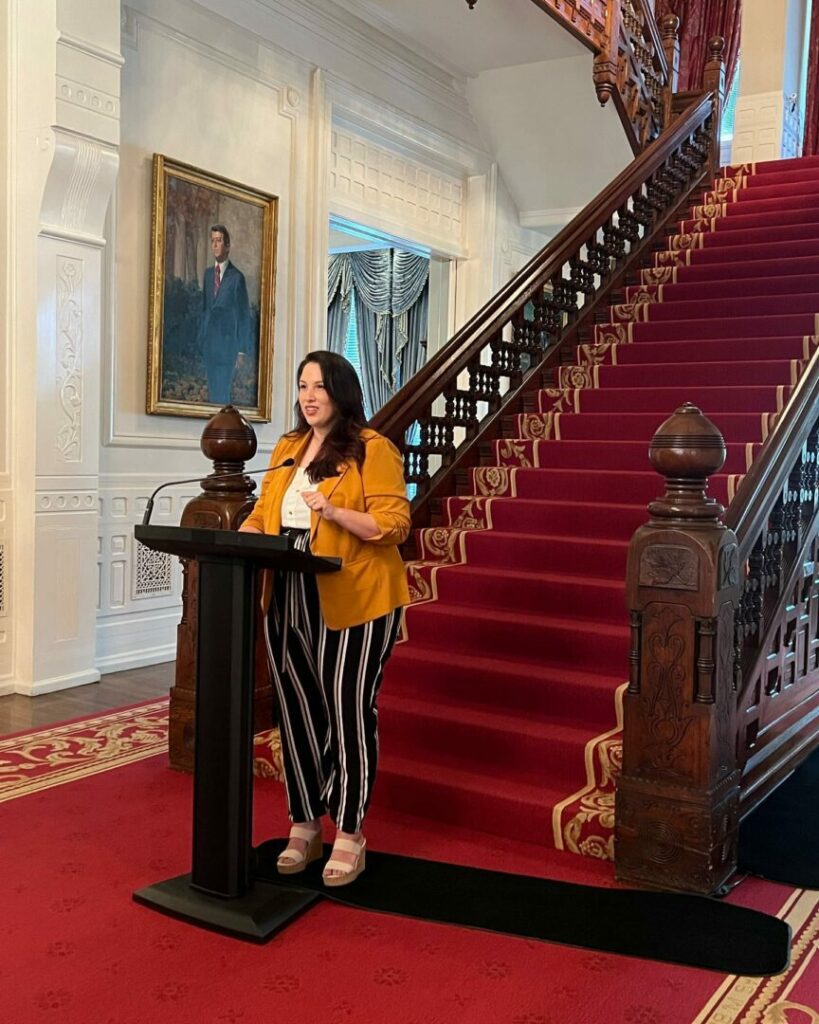What do you do when no one else in the company or the meeting looks like you? We asked entrepreneurs and creatives from across industries and geographies to share their experiences and advice.
Elaine Utin

For me, being the only one of my ethnic origin in a room is very familiar. At first, it was daunting—it was hard to feel out of place so often, unsure if others would understand who I am or what I’m saying. Growing up in the South, in rural, predominantly white areas, and being Peruvian American, showing up with all the unique cultural nuances of that experience has not always been for the faint of heart. Read more>>
Thiago Leoni

That’s a good one… I think is less about putting yourself in a position of having to force anything, having to force a connection, or having to force that your voice is somehow heard, and more about finding and focusing, first, on the little pockets that will appear. These pockets might come in the way of a co-worker that you naturally bond, or a situation that you’re given a chance to perform. Once you become comfortable acting over those pockets, your true self, your true light will begin to resonate and, just like that, you’ll be valued for your originality and your unique perception of the world. Read more>>
Alicia Navarrette

When I walk into a room it lights up. All heads turn and there is a rush of energy that hits me. Whether I’m going to a concert for fun or a business convention my experience is the same; they want to know who I am or they hate me in an instant. I have always been a lone wolf, due to a transient childhood, and an exceptional student of culture, style, and economics. I am also intersectional AF, my folks are Japanese and Russian Jewish, and I am queer and fem presenting non-binary. This only creates another layer of hoops for people wanting everything or nothing to do with me. I am always the “other” person in the room, wildly interesting and at the same time too complex to bother with. Read more>>
Cory Austin

Walking into a room with confidence has always been my foundation. I’ve learned that being truly effective often means being more of a listener than a talker. Observing, understanding others, and communicating thoughtfully allows me to make a strong first impression without having to say much. It demands respect and establishes a presence that others are drawn to. I like to keep an air of mystery as well—it’s a way of inviting curiosity while also maintaining control over how I’m perceived. In spaces where I may be the only one who looks like me, I’ve found that focusing on authenticity, composure, and intentional communication really sets me apart. It’s about owning my uniqueness and using it to leave a lasting impact. Read more>>
Kovid Dashora

I don’t think i’ve ever been in a room where some one else looked like me. The battle of individuality and standing out didn’t start when I came to America, but way before that. It is not only limited to race or the color of your skin, but your individual style, hair color, clothes or just the way you carry yourself can spark a feeling of imposter syndrome and make you feel like you don’t belong in the crowd which ever since high school I have felt that way. Read more>>
Deanna Ornelas

When I was first starting out in wine I rarely saw Mexican American women like me in this industry, so a lot of what I learned about navigating unfamiliar wine spaces was through my own trial and error. Using my diverse background and upbringing I learned to draw people into my sphere by taking a genuine interest in them and creating meaningful connection through conversation, making the wine seem almost secondary. Using our differences forced me to dig deep to find my confidence in who I was among the negative noise and learn to hold true to who I was. Read more>>
Nicole Harding

From as early as I can remember I have been “the only one” at the table. It started with my 1st grade reading group, Serendipity. Up until that point there had not been a black student in advanced reading. I can still remember explaining to my mother that something was wrong and watching her navigate her advocacy for me. Before making the call to the school she asked me a series of questions to confirm my placement. I can hear her saying, “Are you sure Nicole?” What worked then and has worked throughout my career is using evidence as confirmation. Do I have the skills? Check. Can I do the work? Check. Am I prepared? Check… and so on. With evidence in hand I move through the world comfortably and without masking. Read more>>










